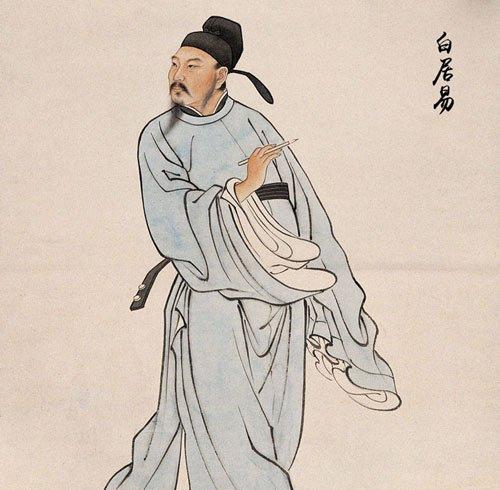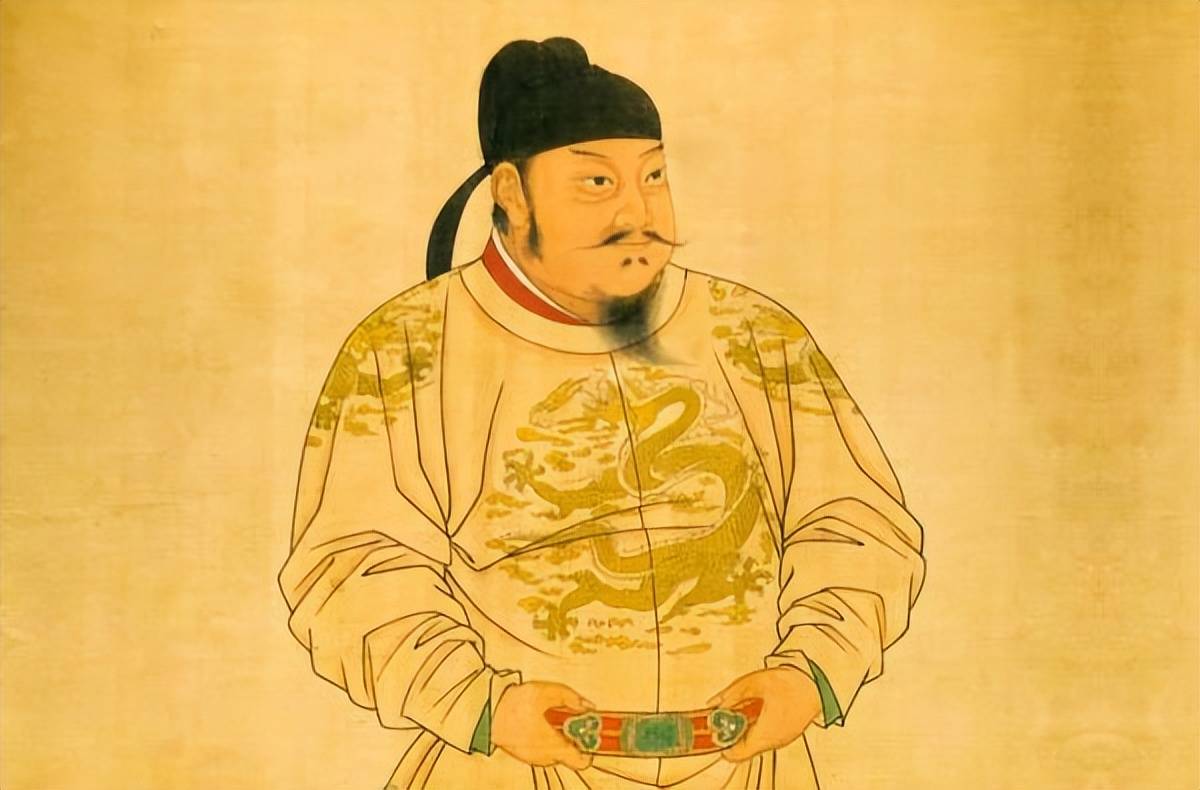Is Cheng Yaojin resigning from his official position and returning to his hometown because he is worried about his retirement? Interested readers and history encyclopedia editors, let’s take a look together!

Most of the characters of Cheng Yaojin in the novel are humorous and adorable, and at that time in history, Cheng Yaojin was a shrewd minister and general. Moreover, he is a typical descendant of the fourth generation of officials, with both his grandfather and maternal grandfather holding the position of Sima. Growing up in a civil servant environment, Cheng Yaojin’s mind is definitely not bad.
Relying on his own strength, he joined the Wagang Army, first defected to Wang Shichong, and later followed Li Shimin, becoming the founding minister of the Tang Dynasty. However, during the reign of Li Zhi, Cheng Yaojin’s obedience to someone’s words caused him to lose his integrity.
At that time, Li Zhi sent Cheng Yaojin to attack the Western Turks. The situation was very smooth in the early stages of the war, and theoretically, victory should be achieved immediately to pacify the return. However, the deputy general Wang Wendu was jealous of Su Dingwen who was fighting ahead, so he lured Cheng Yaojin. Although the battle ahead was successful, our soldiers were also injured. It was better to attack slowly without chasing after the enemy.

He also lied that he had an imperial decree in his hand that could command the entire army, including Cheng Yaojin. Some questioned the authenticity and suggested that Cheng Yaojin go to the emperor to investigate the facts, but Cheng Yaojin shook his head and refused. Afterwards, Cheng Yaojin also tacitly allowed Wang Wendu to capture and slaughter thousands of defeated Hu people.
Cheng Yaojin was accused of ‘killing and surrendering wealth’ and not actively fighting for this matter, and was dismissed from his official position. Although he soon reused Cheng Yaojin, he voluntarily resigned from his position and returned to his hometown. In fact, with Cheng Yaojin’s intelligence, he probably understood that the emperor feared that his own achievements would overshadow his master, which would lead to his own death.

